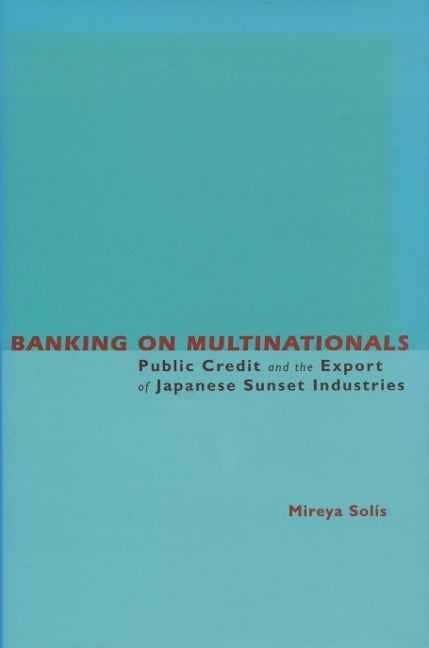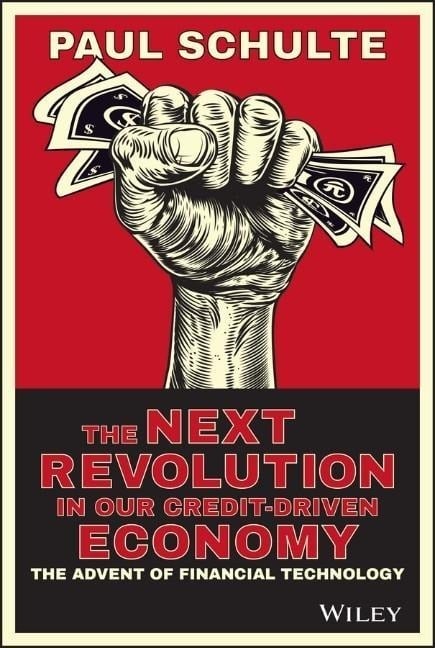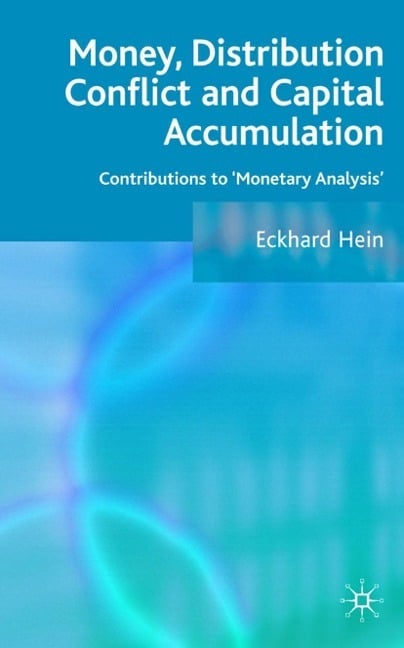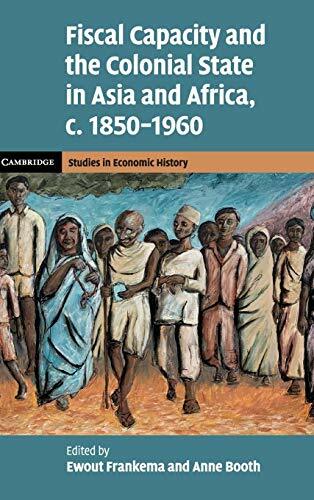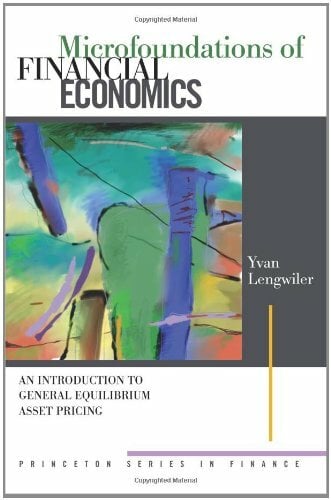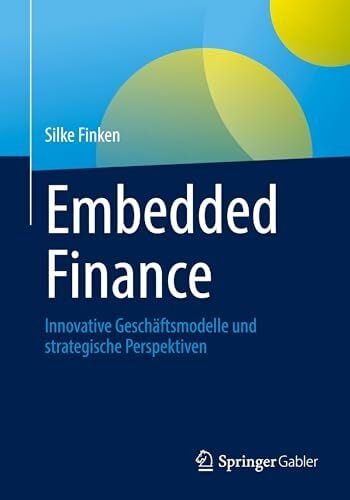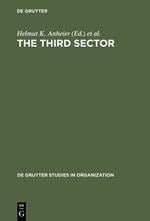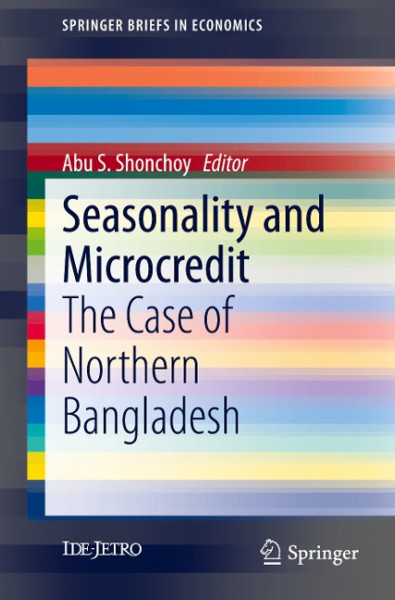
Seasonality and Microcredit
Kurzinformation
inkl. MwSt. Versandinformationen
Artikel zZt. nicht lieferbar
Artikel zZt. nicht lieferbar

Beschreibung
The mismatch between credit repayments and income seasonality can create serious distortions. However, typically Micro-Finance Institutes (MFIs) do not provide any adjustments due to the income seasonality. For instance in Northern Bangladesh, Income and consumption downfalls during the time of post-Aman rice plantation seasons are quite regular phenomenon which is locally known as "Monga". Poor landless agricultural wage laborers suffer the most due to this seasonality and usually they face difficulty to smooth their consumptions. As a result, it is extremely difficult to arrange the regular weekly loan repayments of the micro-credit, which they have taken during the productive part of the year. Using field experiments through RCTs in Northern Bangladesh, we randomly assigned seasonality adjusted flexible micro-credits and traditional rigid micro-credit to different borrowing groups. Examining the repayment behavior of the borrowers in the context of geographical classifications and loan designs; employing both survey and experimental methods, this study allows us to see the consequences of flexible loan repayment rules during the lean periods, and how they affect both MFIs and participating borrowers. The findings of this study have important policy implications for MFIs and policy-makers of the developing countries. von Shonchoy, Abu S.
Produktdetails

So garantieren wir Dir zu jeder Zeit Premiumqualität.
Über den Autor
Editor Dr. Abu S. Shonchoy is working as a research fellow at the Institute of Developing Economies (IDE) JETRO, Japan and as an adjunct assistant professor at the Graduate School of Public Policy (GraSPP) at The University of Tokyo. He also holds a visiting fellowship position at the South Asian Network of Economic Modeling (SANEM). Prior to joining IDE-JETRO, he worked for BRAC University in Bangladesh and in ANU, UNSW and UTS in Australia as a lecturer. He also worked for the International Monetary Fund (IMF), in Washington DC, USA, during the period of 2007-2008. Dr. Shonchoy is a development economist with interests in impact evaluation and micro econometrics. He has several on going field research projects in Bangladesh and in India. His current research interests include projects on microfinance, migration, electrification and education. Dr. Shonchoy graduated from the University of Dhaka, Bangladesh, with a B.Sc. (Honors) in economics, a master's degree in economic policy from the Australian National University (ANU) and a Ph.D. in economics from the University of New South Wales (UNSW), Australia.

- Gebunden
- 300 Seiten
- Erschienen 2016
- Wiley-VCH
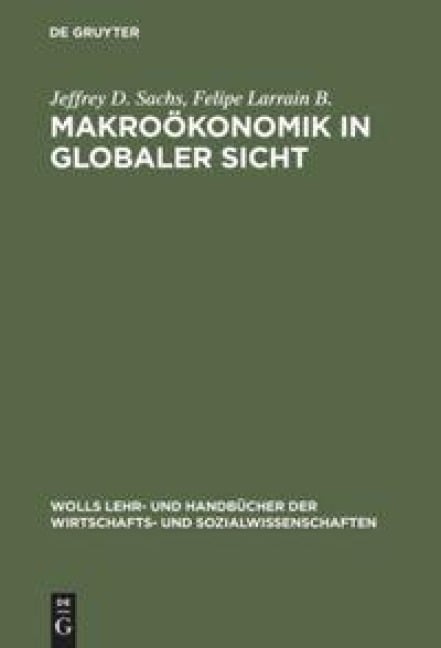
- Gebunden
- 992 Seiten
- Erschienen 2001
- De Gruyter Oldenbourg

- hardcover
- 296 Seiten
- Erschienen 2021
- Springer
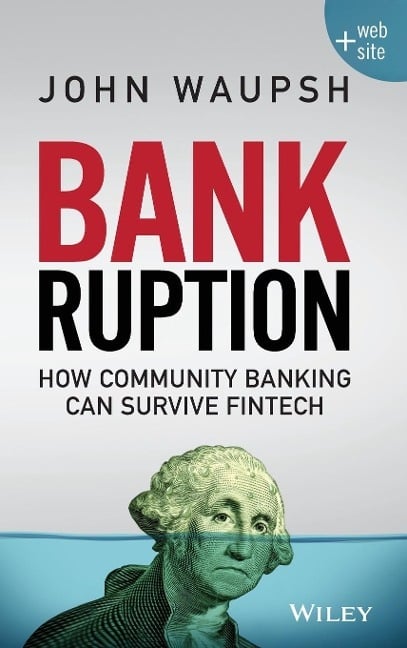
- Hardcover
- 320 Seiten
- Erschienen 2016
- Wiley
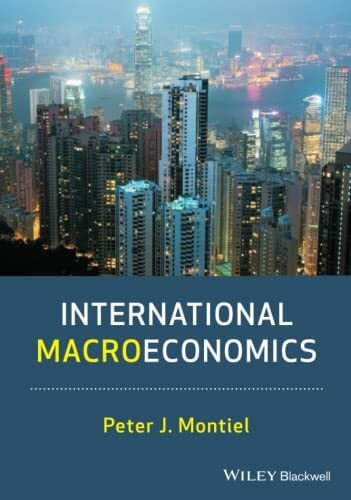
- Gebunden
- 512 Seiten
- Erschienen 2009
- Wiley-Blackwell
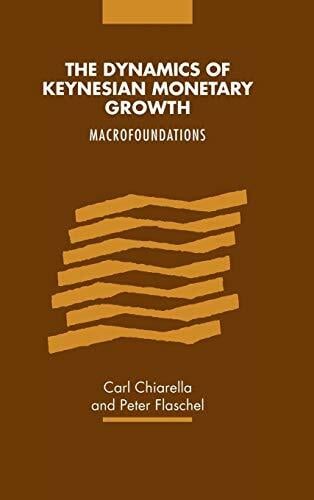
- hardcover
- 434 Seiten
- Erschienen 2000
- Cambridge University Press

- hardcover
- 731 Seiten
- Erschienen 2000
- Academic Press Inc
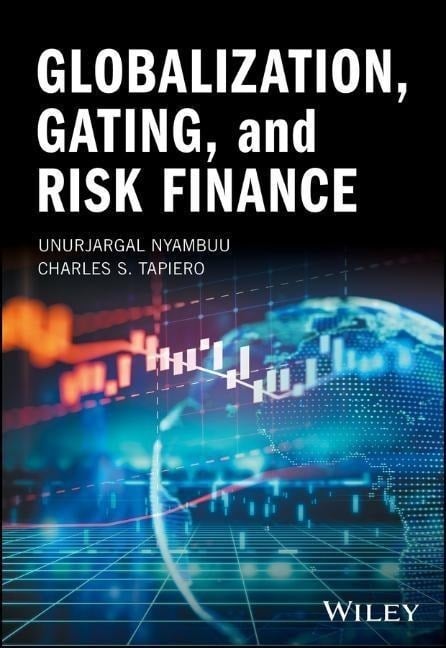
- Hardcover
- 496 Seiten
- Erschienen 2018
- Wiley

- hardcover
- 268 Seiten
- Erschienen 2006
- Routledge
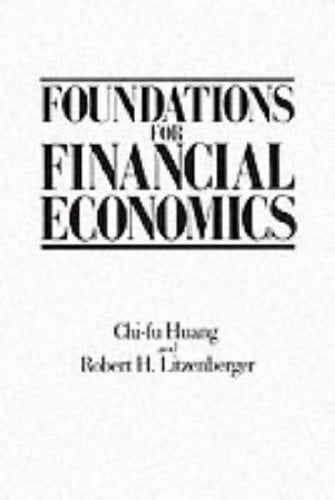
- hardcover
- 364 Seiten
- Erschienen 1988
- Pearson
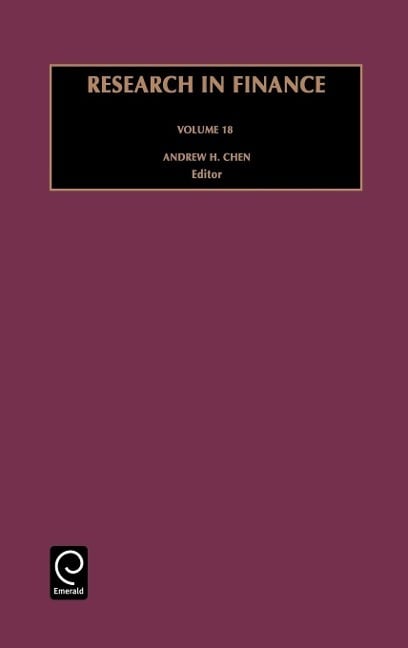
- Hardcover
- 268 Seiten
- Erschienen 2001
- Jai Press Inc.














